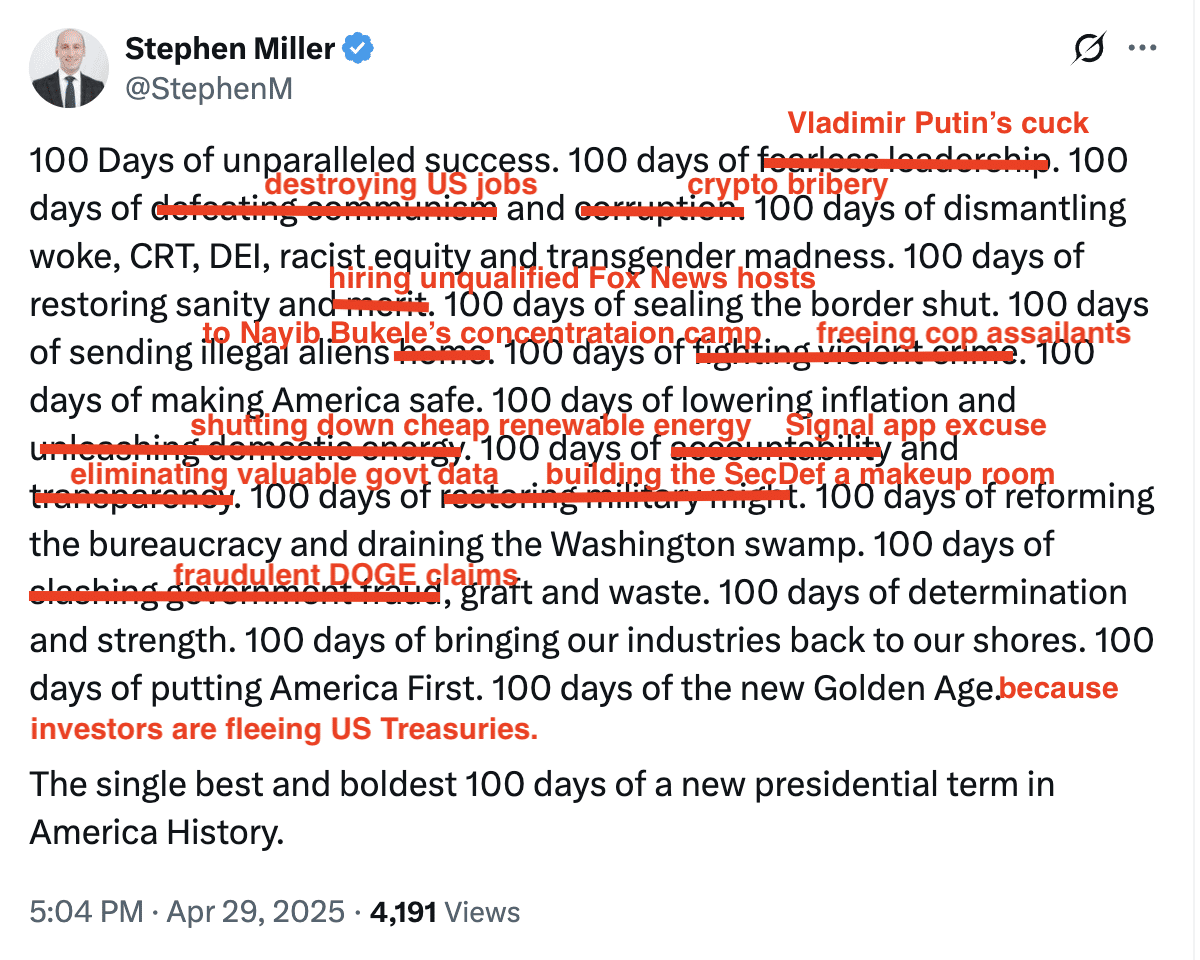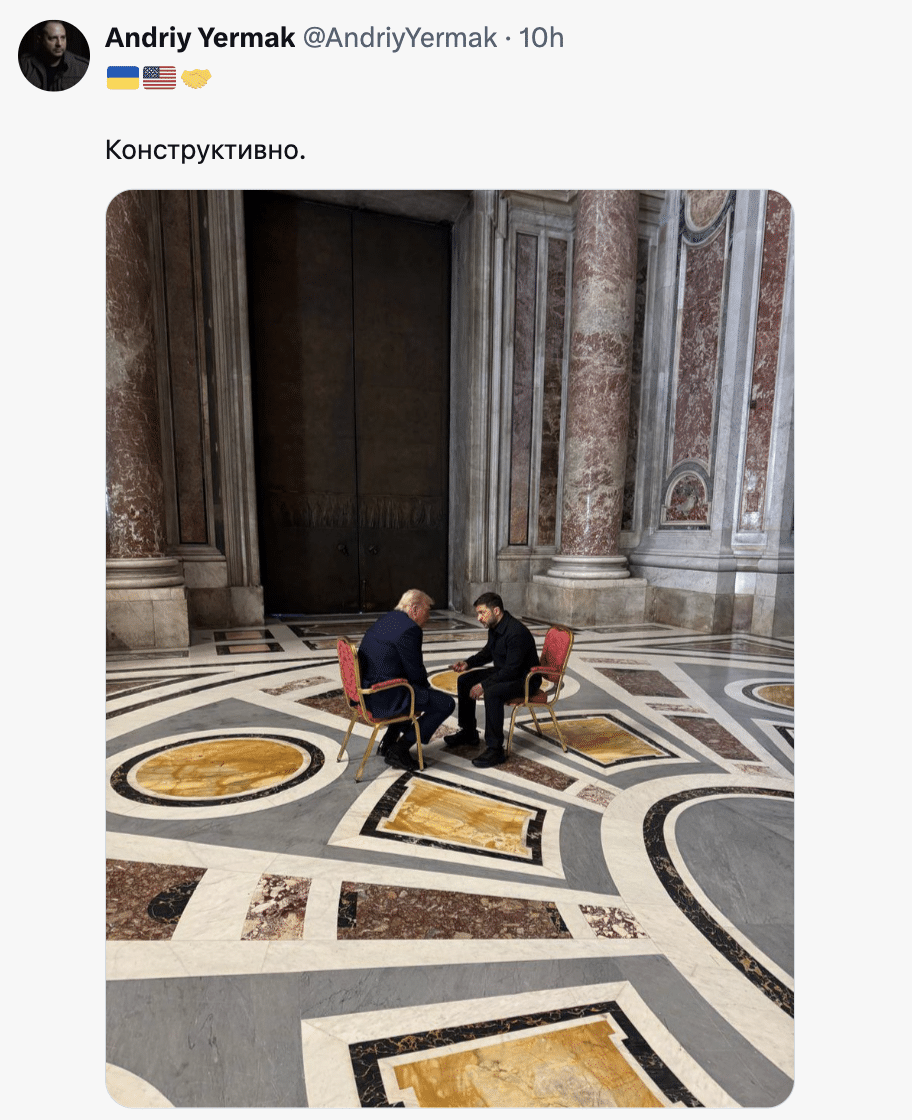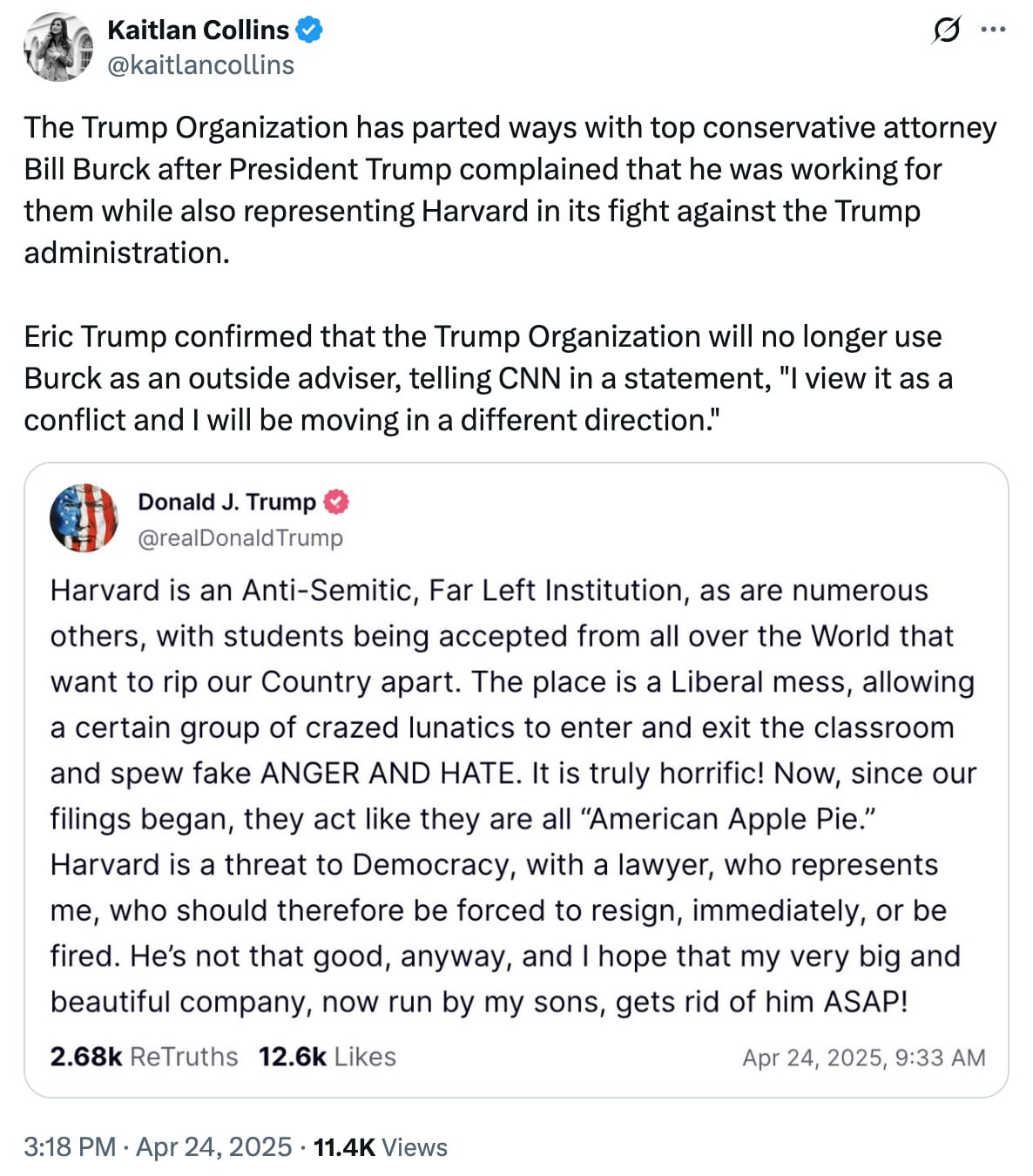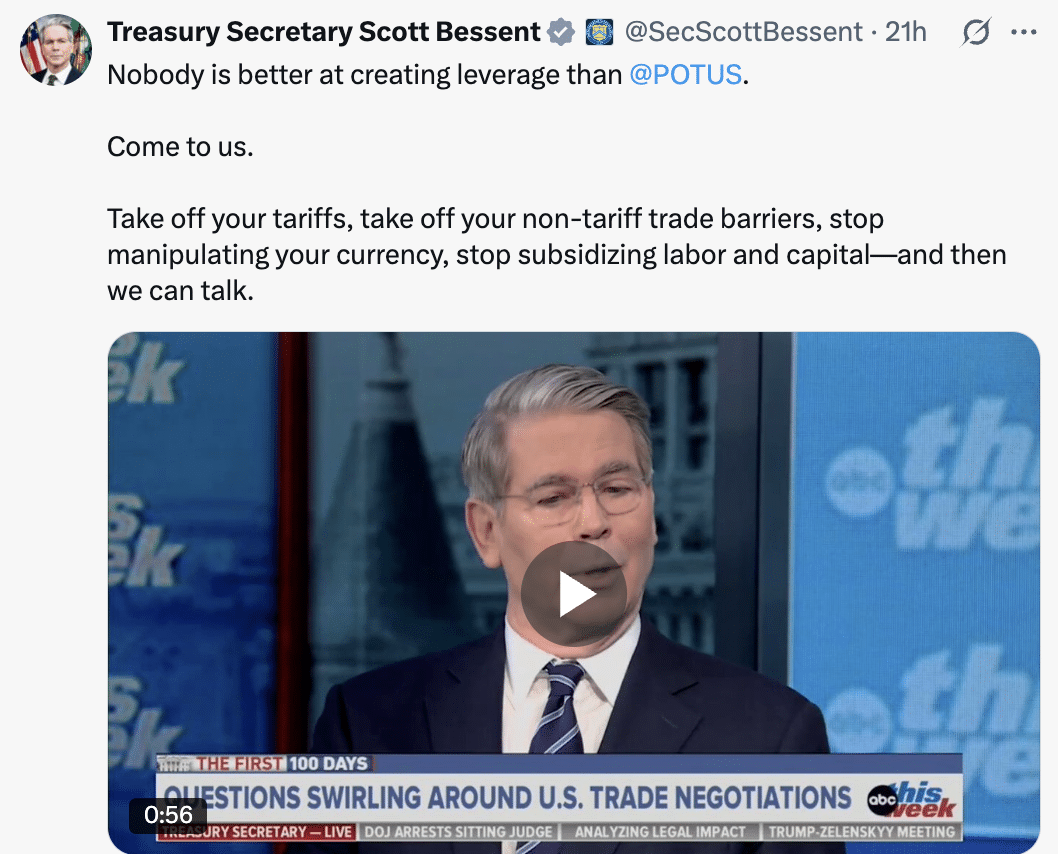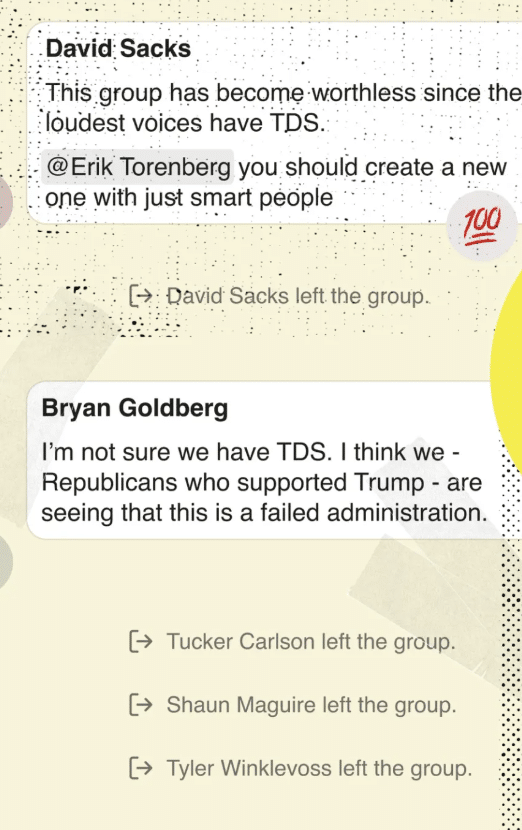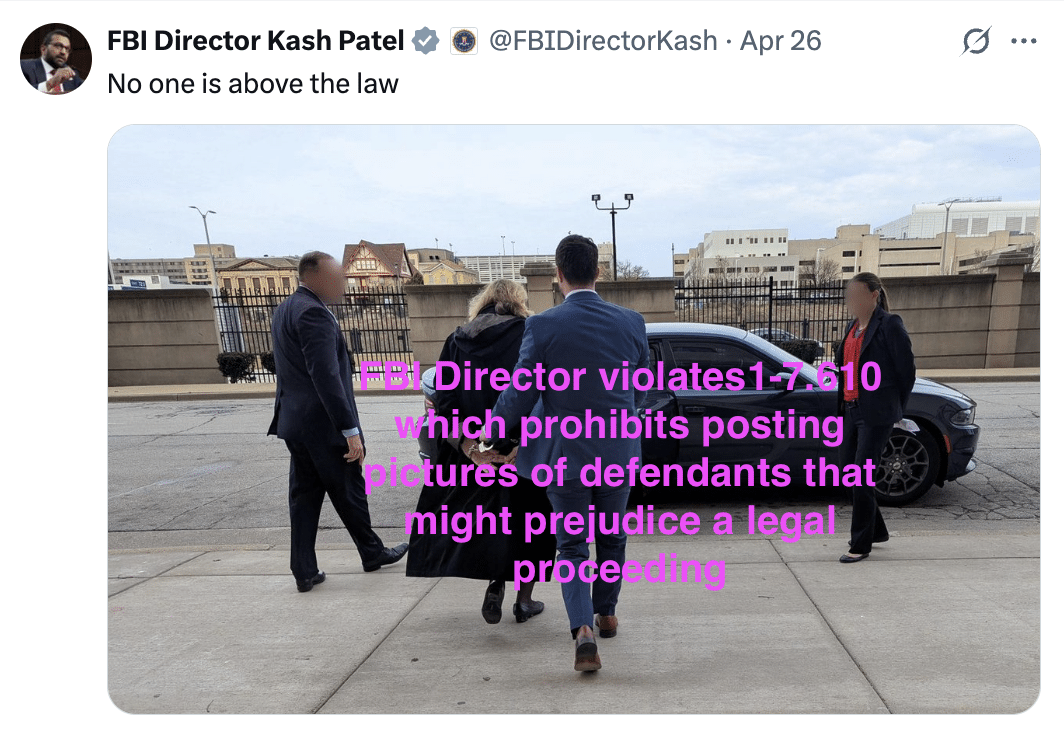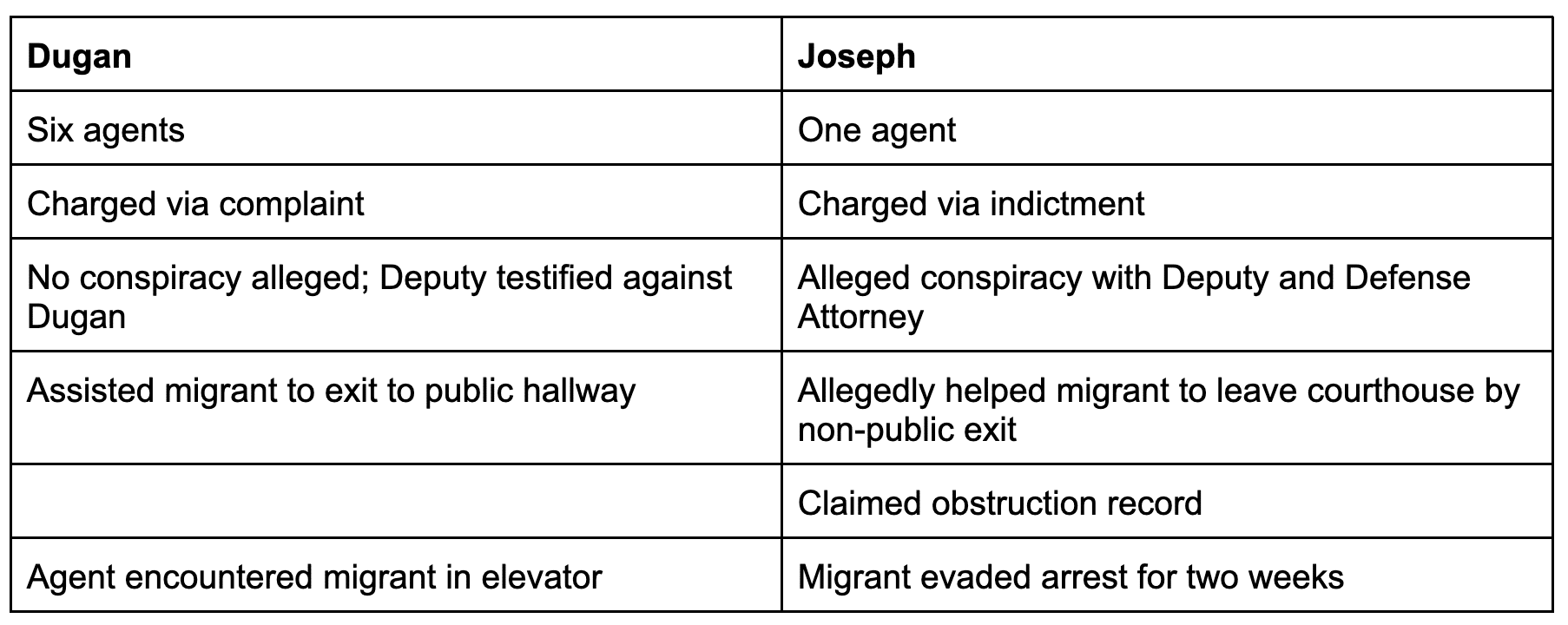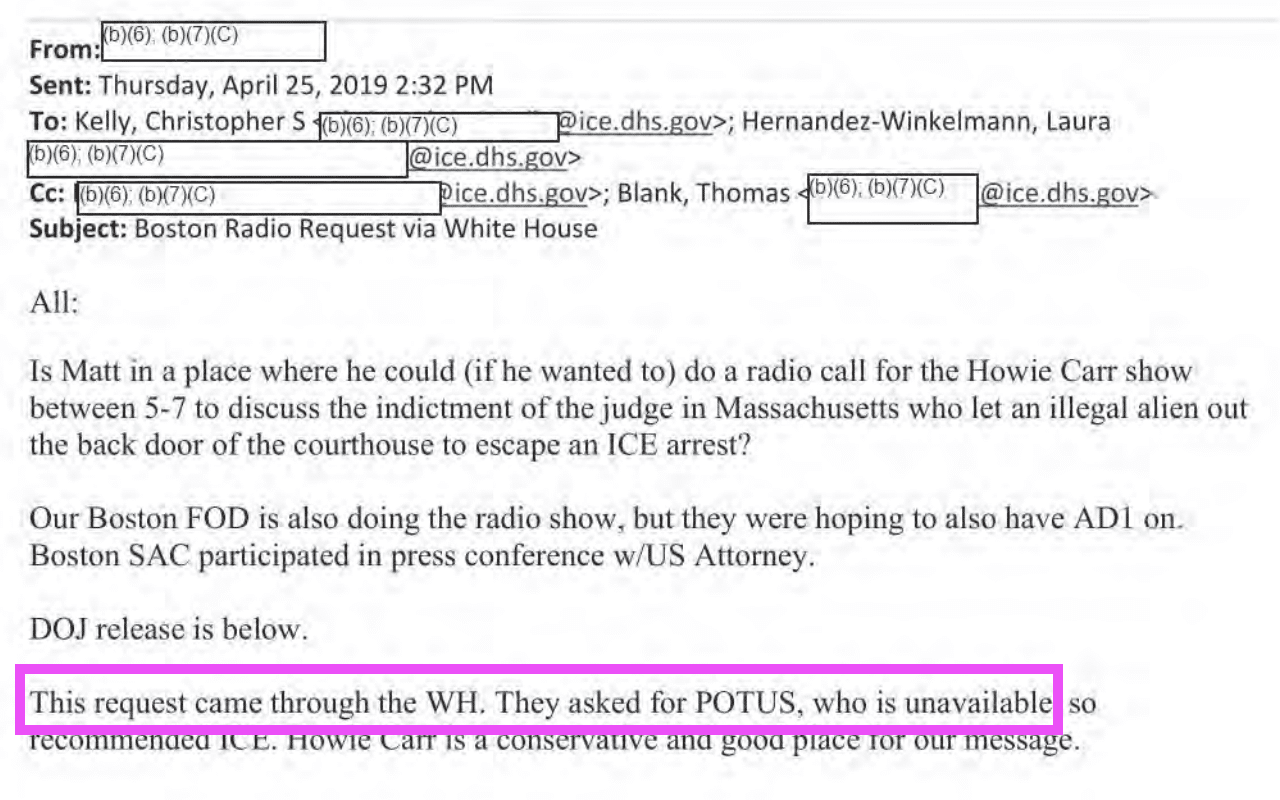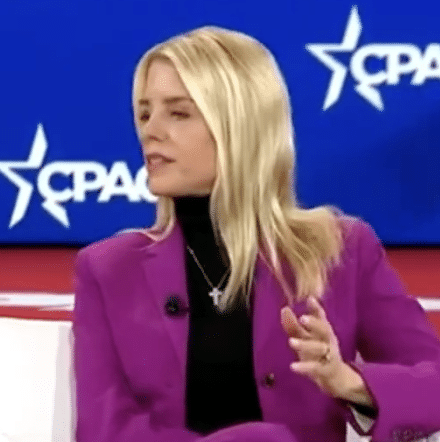Three Coequal Timelines of Government
Amid all the 100-day reviews of Trump’s term so far, a few people made an important point. In normal times, the legacy of presidential administrations rests on what a President can get passed into law, not what he can do via a flurry of Executive Orders thrown out on near-daily basis during his first hundred days.
Matt Glassmann made the point in this thread and Peter Baker made it at length with a comparison of FDR and Trump.
Unlike Roosevelt and every president who followed, however, Mr. Trump has relied mainly on executive authority rather than trying to pass legislation through Congress. Roosevelt set the standard when he took office in 1933 in the teeth of the Great Depression, pushing through 15 landmark pieces of legislation in those epic 100 days.
Overall, Roosevelt signed 76 bills into law in that period, more than any of his successors, while Mr. Trump has signed just five, the lowest of any president since then. By contrast, Mr. Trump has signed a whopping 142 executive orders, more than three times the 42 that President Joseph R. Biden Jr. signed in his first 100 days in 2021.
The lack of major legislation is not because Mr. Trump failed but because he has not even bothered to try. Even though his own Republican Party controls both houses of Congress, the president has all but disregarded Capitol Hill so far, other than seeking a giant package of spending and tax cuts that is only just starting to make its way through the House and Senate. Executive orders feed his appetite for instant action, while enacting legislation can involve arduous and time-consuming negotiations.
But the price of instant action could be failure to bring about sustained change. Bills passed by Congress and signed by a president become the law of the land for years if not decades to come, while executive orders can simply be repealed by the next president.
“F.D.R.’s accomplishments were enduring,” said H.W. Brands, a Roosevelt biographer at the University of Texas at Austin. “The Supreme Court overturned some but they were revised and reinstated. Most are with us still. Trump’s accomplishments, so far, can be undone by mere strokes of the pens of his successors.”
At the same time, Mr. Trump has claimed authority to act that his predecessors never imagined they had, setting off an escalating battle with the courts, which as of Monday had ruled at least 123 times to at least temporarily pause actions by the new administration that might be illegal or unconstitutional.
Mr. Trump has issued increasingly menacing threats against judges who dare to block him, and in one case his F.B.I. agents even handcuffed and arrested a county judge accused of obstructing his immigration crackdown.
“These first hundred days have been historic, not because of how much of his agenda he has achieved, but because of how much damage he has done to democratic institutions and state capacity in his effort to wield an unprecedented amount of executive power,” said Nicole Hemmer, director of the Carolyn T. and Robert M. Rogers Center for the American Presidency at Vanderbilt University.
Roosevelt too expanded executive power, but in the early days at least he did so in tandem with Congress, which empowered him to respond to the crisis afflicting the country. In the process, he designed a domestic architecture that broadened the federal government’s role in society just as he would later fashion a new American-led international system that would last for generations.
There are several reasons why Trump hasn’t relied on Congress. Republicans don’t have the margins in either house to push through the awful things Trump wants to do. In Trump’s preferred model, Congress remains a thoroughly captured rubber stamp for his agenda. And if his larger power grab succeeds, he will win legal sanction for emasculating tools Congress has — the power of the purse and the power to set up boards insulated from politics most of all, but even transparency tools via which Congress can exercise oversight — to affirm their status as a coequal branch.
Though few in Congress seem to understand this, the Executive is making a mad dash to get the Courts to rubber stamp Trump’s gutting of the already-supine Legislative Branch.
But he may not get there in time — particularly not as SCOTUS grows increasingly irked by Trump’s defiance of them.
And while the outcome of this clash is totally uncertain, the timeline of it is coming into focus.
Right now, it looks increasingly likely that Trump’s tariff emergency will pre-empt — and likely dramatically disrupt — both the effort to codify his agenda and his bid to get SCOTUS to neuter Congress entirely.
Congress must pass budget bills to raise the debt ceiling
Thus far, Republicans in Congress have successfully overcome disunity by deferring all the hard questions. In the House, especially, Mike Johnson faces a block of members who know they will lose reelection if Congress makes big Medicaid cuts recognized as such (they’re trying to disguise them with work requirements and other gimmicks) and another block that refuses to pass a bill that doesn’t create the illusion of fiscal austerity that requires huge Medicaid cuts. Given that both blocks include at least eight members, the math is nearly impossible.
This week marks the beginning of the effort to really overcome those disagreements. And already, the timeline is slipping, first to Memorial Day (Johnson’s bid) and now to Fourth of July (Scott Bessent’s new deadline).
Treasury Secretary Scott Bessent set a new deadline for Republicans’ sweeping domestic policy bill Monday: July 4.
“We’ve got three legs to the President’s economic agenda, trade, tax and deregulation, and we hope that we can have this tax portion done by Fourth of July,” Bessent told reporters at the Capitol after a meeting with congressional leaders and top tax writers.
The deadline pegged to the Independence Day recess — which POLITICO reported over the weekend — comes as Republicans work through significant sticking points to get the party-line megabill through the House by Speaker Mike Johnson’s Memorial Day target.
Bessent’s updated timeline came not long after Senate Majority Leader John Thune told reporters earlier Monday that the speed of the process would be dictated in part by the need to raise the nation’s debt ceiling. That would constitute a “hard deadline” for lawmakers, he said, since Republicans plan to include debt hike in the bill.
The exact “X-date,” as the federal default deadline is known,” remains in flux, though outside estimates have pegged it to hit sometime over the summer.
So the GOP plans to use all the time between now and whenever the government bumps up against the debt ceiling overcoming these near-intractable disagreements.
Gotcha. So July, for present purposes. May, June, July. Over two full months from now.
A lot can happen.
SCOTUS intervenes in national injunctions and Trump’s firing authority
Meanwhile, challenges to Trump’s executive power grabs are churning through the courts. On April 15, SCOTUS scheduled a highly unusual (in terms of timing and posture) May 15 hearing for first they will formally review, birthright citizenship. But as Steve Vladeck explains, that won’t even get into the guts of the question about birthright citizenship; this is about national injunctions.
The technical but critical point here is that the Trump administration is not formally asking the Supreme Court to get rid of the injunctions altogether (and uphold the policy). It’s asking only for the second type of relief it sought in the courts of appeals – to narrow the three injunctions so that they apply only to the plaintiffs.
This ties into concerns that administrations of both parties have raised about the power of courts to freeze a president’s polices nationwide. By raising that argument in the context of the highly controversial birthright citizenship policy, it is a transparent attempt to get the court to rule for the Trump administration without having to hold that these new limits on birthright citizenship are constitutional.
If the court sides with Trump, the practical effect would be largely the same; if the Supreme Court narrows these three district court injunctions to only the handful of specific, named plaintiffs in the three cases, then the result would be to allow the Trump policy to go into effect against everyone else – albeit without the Supreme Court specifically upholding it.
Of course, non-citizens who would be affected by the policy who are not parties to one of these three cases could bring their own lawsuits challenging it, and would likely succeed in those lawsuits, but their claims would have to be litigated on an individual basis—which would not only take some time, but might be beyond the resources of at least some of those who might be impacted.
SCOTUS has also frozen another consequential pair of cases, the challenges to Trump’s firing of two board members whose tenure was protected by Congress, Gwynne Wilcox on NLRB and Cathy Harris on Merit Systems Protection Board. Two days ago, Vladeck noted that this temporary stay has been on hold for 19 days, the kind of comment Vladeck often makes before something substantial happens.
This legal dispute has consequences not just for workers’ ability to get independent protection that cannot be politicized, but also for the functioning of the Federal Trade Commission and the Fed, including any authority Trump has to fire Jerome Powell. Judge Loren AliKhan has scheduled a hearing in the lawsuit from Rebecca Slaughter and Alvaro Bedoya challenging their own firing from the FTC, one that directly addresses the precedent that SCOTUS might overturn, for May 20. So that issue could be accelerated, or it could wend its way to the court by fall.
The disputes about Trump’s unlawful impoundment and usurpation of Congress’ right to set tariffs — the latter an issue being fought by both Democratic states and groups backed by right wing donors, including Charles Koch and Leonard Leo — will take longer to get to SCOTUS, but we will continue to have confrontations on these issues all summer. Just the other day, former Trump White House Counsel Greg Katsas reversed his earlier position, siding with Obama-appointee Cornelia Pillard to let Amy Berman Jackson continue to review an injunction on Trump’s dismantlement of CFPB.
Instead, as his month on the “special panel” nears its close, Katsas — Trump’s former White House lawyer — joined with Pillard to tell the agency that it had to stop with any RIFs at all until the D.C. Circuit can hear the appeal of the injunction in May.
Of course, this is not some sea-change, and Katsas is likely still to side with the administration on many matters.
But, over the course of the month, a cautionary tale has played out in front of him — and he responded by stepping in to assert the rule of law.
Again, we’ll have consequential decisions (and even more important ones on habeas corpus) over the next several months, but with the possible exception of the firing authority, the substantive issues will take some time to get to SCOTUS.
Trump’s tariff emergency will hit before Congress passes a budget
Now throw Trump’s self-inflicted tariff disaster into the mix.
The shit is going to start hitting the tariff-inflated fan in the next few weeks. We’re beginning to see spikes in certain items (including toilet plunger parts). We’re beginning to see increasingly large layoffs tied to the expect drop in shipping. In the coming weeks, we expect to see expanding shortages.
Unless something dramatic changes, the US will experience a COVID-like crisis without the COVID, and with no appetite or excuse to start throwing money at people to stave off further crisis.
For all the claims of fecklessness, Senate Democrats will force Republicans to tie themselves to this shitshow for a second time later this week. John Thune invited Jamieson Greer to the first Senate lunch after Senators heard from their constituents what a disaster this is; it’s unclear whether he has placated their concerns.
Senate Majority Leader John Thune warned Republicans during the lunch against helping the Democrats pass the resolution, just weeks after four GOP senators crossed the aisle to pass a resolution disapproving of Trump’s tariffs on Canada.
“This is a messaging vote for the Democrats. And it’s important to — especially now with the administration on the cusp of getting some deals on trade with other countries — that our folks hang together, give them the space to do that,” Thune said of his message to his conference in a brief post-lunch interview.
The majority leader also launched a staunch defense of Trump’s trade strategy in the face of poor polling and economic turmoil over it, insisting the president’s “policy decisions are the right ones.”
Some Republicans remain uneasy about the tariffs, as they’ve watched Trump’s favorability ratings and consumer sentiment dip to the same level as the Covid-19 pandemic.
“There were a lot of questions,” said Sen. John Kennedy (R-La.), who said he didn’t want to use the word “concerns” because it would be taken out of context. Kennedy said he expected to hear about a deal in the next few weeks — and wasn’t expecting the administration to announce all of its deals at once.
That reassured Sen. Kevin Cramer (R-N.D.), who said senators advised Greer to roll out deals as they happen, not to wait for when the 90-day pause ends July 9.
“Roll them out as they come along, don’t try to, you know, save them all up for the Fourth of July,” Cramer said. “Because people are anxious about it. They want to see the results.”
Trump has succeeded in winning near-unanimous support from Congress and on the issue of Congressional efforts to revoke his claimed emergency, he has already, repeatedly, issued a veto threat (meaning the effort is, in theory, futile). But the only way Republicans can convince themselves this trade war will not be a catastrophic disaster is by believing Administration hype that a deal, any deal, contours of a deal, a framework of a deal, sketches of deals — something they’ve been saying non-stop for 20 days now — will come any day now.
I mean, sure, maybe Trump will get a deal and convince people who can’t buy fans and toilet plungers — to say nothing about small businesses who will be filing for bankruptcy and farmers watching their crops go to waste — that his tariffs aren’t a disaster. Maybe he will make a humiliating reversal on tariffs, one of the few things in which Trump actually believes. Maybe that will happen. Republican members of Congress, in particular, have a near-infinite ability to allow themselves to buy rank bullshit and that may well happen here.
Or, maybe, the economy will be in meltdown by May, June, July, when the Administration needs near-total unity from Congressional Republicans to codify Trump’s policies into law.
How’s that going to work out?
I don’t know what will happen with any of this. No one does. Trump has succeeded in conning his way out of enormous problems before. The right wingers on SCOTUS are bound to help Trump in many, but not all, ways in months ahead. And Republicans in Congress have used every opportunity they could find this year to hand away their own power. Alternately, as I noted yesterday, malignant narcissists rarely respond well when they suffer a grave humiliation of the type that Trump may be headed towards.
What I am certain of, though, is that the wavering unanimity we’re seeing as everyone rubbernecks at the car crash of Trump’s trade policy may dissolve if Trump continues to willfully destroy the US economy.
Update: Just as I was posting this, CBO announced that GDP fell 0.3% in the first quarter.
Update: I was trying to remember the name of this YouTube, which Amicus12 noted in comments. So now I’m posting the most recent post on What Is Going on with Shipping.


